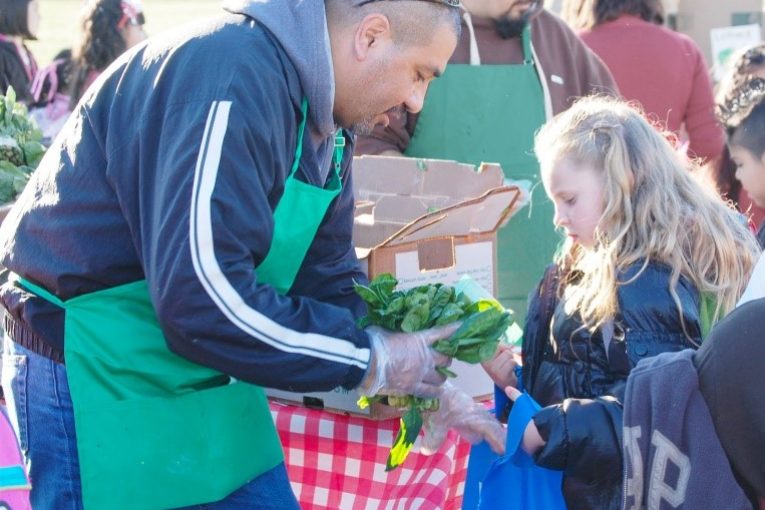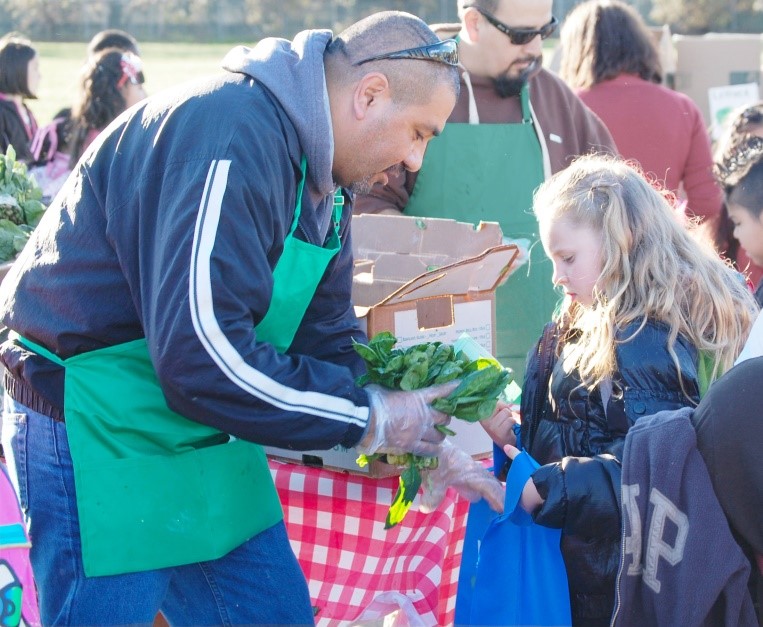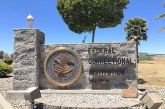

“…there exist many disconnects in our food system. Sadly, very little of the food grown in the region actually makes its way to local plates. Worse, too many residents suffer from persistent hunger and food insecurity. Lack of access to affordable, healthy food is a major contributor to poor health status, especially as related to certain chronic diseases” -Valley Vision’s 2015 Sacramento Region Food System Action Plan
By Michael Bisch
Kudos to our local leaders who have taken the initiative to focus our community upon the benefits of a more sustainable and equitable local food system. Their Food and Economic Development in Davis Report (FED) is being presented at the Davis City Council meeting this Tuesday at 7:00 p.m.
In preparation for the presentation, your Food Bank offers updates that may inform the community dialogue. This afternoon’s commentary, part 2 of 3 of these updates, focuses upon the Specific Action Step “Support and educate the public on local and sustainable foods.” This is among the five action steps identified as part of the Priority Action Area to “Establish Davis as a Sustainable Food Testing Lab, Leading in Climate-Smart Food Practices,” and is relevant to regional study of the food system.
“In spite of the abundance of crops grown year-round in the region, the Sacramento Area Council of Governments (SACOG) estimates that only 2% of the 1.9 million tons of food consumed in the region is grown locally,” states Valley Vision’s 2015 Sacramento Region Good System Action Plan.
One can only imagine the impact on the region’s carbon imprint when almost all the crops grown in the region are exported elsewhere by rail, truck, and ship while almost all of the food consumed here is imported into the region via the same fossil-fuel based transportation system. Recognizing this unsustainable practice, Yolo Food Bank created the Yolo Grown program, a sustained effort to partner with local farmers to grow crops specifically to meet the food security needs of our neighbors living in or near poverty. The program is in its third year, and is generously funded by the Yocha Dehe Wintun Nation. Davis and the other communities of Yolo County doubly benefit from Yolo Grown, by realizing the positive environmental impacts of eating locally grown food, as well as increasing access to fresh, nutritious food for our most vulnerable neighbors.
To further ensure that the programmatic success of Yolo Grown is realized, Yolo Food Bank has set a goal to collect, store, and distribute 100% more of the area’s agricultural bounty in the upcoming fiscal year; an astounding year-on-year increase of 800,000 pounds. Nutrition education and related efforts also will be enhanced. However, this 100% lift will require a significant expansion of the Food Bank’s annual operating budget. To this end, Yolo Food Bank has embarked upon a new major gifts initiative, the Nourish Yolo campaign. Nourish Yolo has a $1 million goal, intended to fund, in part, the Yolo Grown expansion. The role of the County, cities, UC Davis, and state and federal governments in this year-long campaign, and the subsequent years of capacity building, will be essential to the success of the Yolo Grown program. The Food Bank looks forward to continuing to define these partnerships, such as the partnership to inform the FED report, for mutual benefit.

Yolo Food Bank is a primarily privately-funded nonprofit distributing four million pounds of nutritious food throughout Yolo County each year, reaching every community of every size. With an unparalleled capability and capacity to collect, store and distribute this food, Yolo Food Bank provides unique services and opportunities to the region. It has the potential to transform the nutritional paradigm of our communities, thereby reducing poverty, increasing health and education outcomes and enabling social mobility of all kinds. You can support our neighbors who struggle to feed their families by making a gift at http://give.yolofoodbank.org/ or by volunteering at https://yolofoodbank.org/volunteer/
-Michael Bisch, Executive Director, Yolo Food Bank





